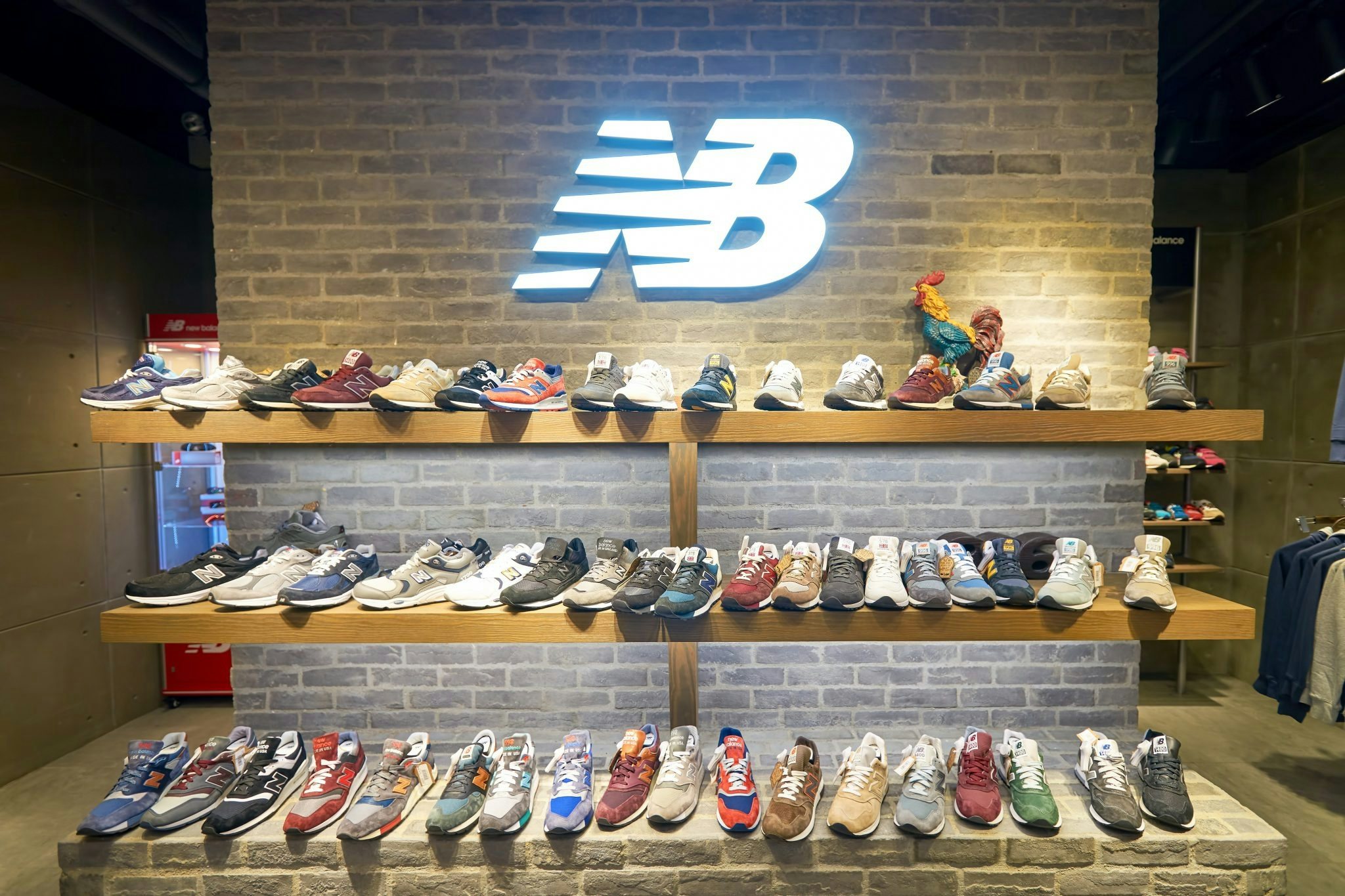New Balance scores a landmark trademark victory in China#
The American sportswear brand New Balance has scored a landmark trademark victory in China. Last week, a court in the city of Suzhou ruled against three local shoemakers who were charged with infringing on New Balance's signature "N" logo and ordered them to pay 1.5 million in damages and legal costs incurred by the brand.
Even though the ruling can still be appealed to a higher court, it marks a milestone for foreign companies doing business in China in the battle to defend intellectual property rights. With a 1.5 million-ruling, it's also the largest amount of compensation granted to a foreign business in similar cases that have been decided by Chinese courts.
In 2014, the country passed a new trademark law that upped the maximum statutory amount of damages from 75,000 to 450,000. And, according to the New York Times, IP cases were being decided for amounts far below the already low statutory amount, so the win for New Balance in this case is particularly noteworthy.
In New Balance's case, an intermediate court in Suzhou believed that the three defendants, including an individual who registered a trademark in Colorado in July 2014 as "USA New Bai Lun Sporting Goods Group Inc," have "drastically damaged the business reputation of New Balance." Their behavior, the court concluded, caused confusion among Chinese consumers. The court demanded they stop infringing on the American company's intellectual property rights and stop mass producing their products.
In an email communication with The New York Times, Daniel McKinnon, New Balance’s senior counsel for intellectual property said that the win has given them “a renewed confidence in our aggressive intellectual-property protection strategy within China.”
"For trademark enforcement purposes, the PRC has a good court system," said Steve Dickinson, an attorney with Harris Bricken who works with foreign companies to help them enter the Chinese market. "Judges in places like Shanghai and Beijing know far more about IP in general and trademark in particular than U.S. judges."
New Balance paves the way for other victimized brands#
New Balance sets a stellar precedent for how foreign brands who fall victim to copying and counterfeiting issues in China can seek protection under the country's legislative framework.
The brand first entered the Chinese market back in the 1990s to allow intermediary agents to distribute goods on behalf of New Balance. However, some of these distributors later registered the brand's trademark in Mandarin and its variants, and set up shoe factories of their own to mass produce "New Balance" products with much lower quality and for a cheaper price. New Balance had to cancel their distribution rights and left the mainland market.
The brand officially came back in 2013 and registered the trademark of "New Balance" in English. It also set up a legal entity in mainland China in December 2006. However, the legacy of those previously established copycats still lingers, making it hard for New Balance to form a consistent branding image among Chinese consumers.
The brand has gone on a long journey of fighting against the privacy activities in China, and before it won the above case, it had experienced many setbacks. For example, it lost a case against a Chinese individual over the Chinese name of New Balance in April 2015 and had to compensate him for about 700,000. That case is still on appeal.
Dickinson said the victory by New Balance indicated that the brand had made good use of the PRC system and fought aggressively to pursue enforcement in the Chinese courts.
"Companies that do that can have success. Companies that are passive and that expect foreign law to control and that expect someone else to do the work do not have any chance of success."


